[コンプリート!] guillain barre syndrome diagnosis 107756-Guillain barre syndrome diagnosis
GBS is uncommon, early diagnosis by family physicians and prompt referral for aggressive therapy may significantly improve outcomes Definitions GuillainBarre ´ Syndrome What are the symptoms of GuillainBarré syndrome?The exact cause of GuillainBarre syndrome isn't known The disorder usually appears days or weeks after a respiratory or digestive tract infection Rarely, recent surgery or vaccination can trigger GuillainBarre syndrome What happens if Guillain Barre goes untreated?

Guillain Barre Syndrome In Denmark Validation Of Diagnostic Co Clep
Guillain barre syndrome diagnosis
Guillain barre syndrome diagnosis-GuillainBarré syndrome (GBS) is also called acute inflammatory demyelinating polyradiculoneuropathy (AIDP) It is a neurological disorder in which the body's immune system attacks the peripheral nervous system, the part of the nervous system outside the brain and spinal cord The onset of GBS can be quite sudden and unexpected and requires immediateGuillain‐Barre syndrome (GBS) is one such complication that has been reported from different parts of the world We are a tertiary‐care University Hospital, serving additionally as an apex (Level 3 unit) COVID‐19 referral facility,in the Northern part of India
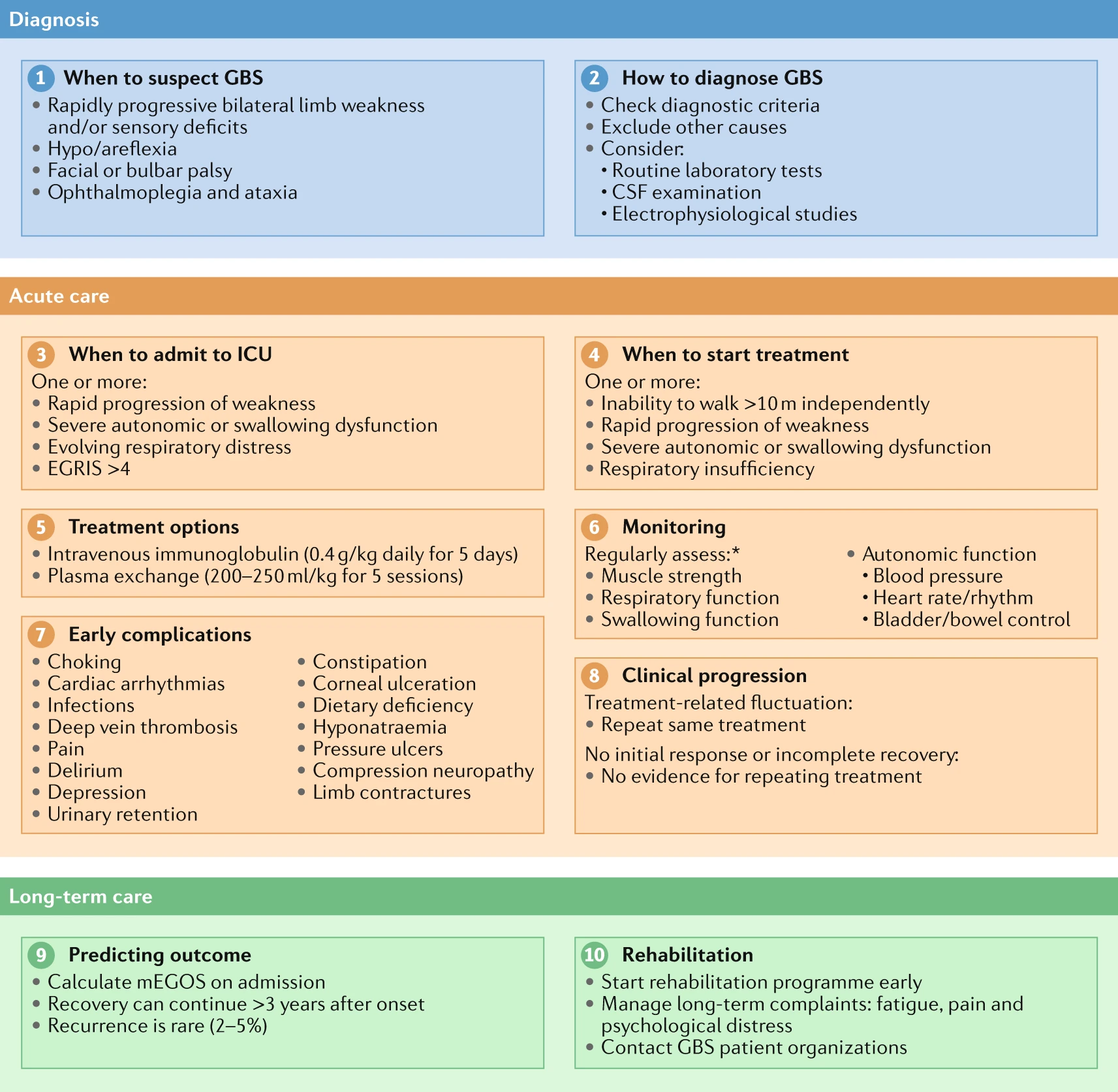



Nature Reviews Neurology Publishes Zikaplan Supported Landmark Paper Diagnosis And Management Of Guillain Barre Syndrome In Ten Steps Zikaplan
Guillain–Barré syndrome (GBS) is a rapidonset muscle weakness caused by the immune system damaging the peripheral nervous system Typically, both sides of the body are involved, and the initial symptoms are changes in sensation or pain often in the back along with muscle weakness, beginning in the feet and hands, often spreading to the arms and upper bodyGuillainBarre syndrome also known as Landry's paralysis, is a rare but serious autoimmune deficiency It was first referenced in 1859 by a French doctor called Jean Landry He described a cluster of symptoms which included numbness, weakness and progressive paralysis of the limbs The symptoms seemed to appear mysteriously and disappear much GuillainBarré (GheeYAN BahRAY) syndrome (GBS) is a rare, autoimmune disorder in which a person's own immune system damages the nerves, causing muscle weakness and sometimes paralysis GBS can cause symptoms that last for a few weeks to several years Most people recover fully, but some have permanent nerve damage Some people have died of
Most GuillainBarre Syndrome cases are treatable, but the symptoms (pain, numbness, and tingling (paresthesia) and sometimes weakness) may last for weeks or years in severe cases GBS can lead to death, paralysis, or lifelong disabilities in a small percentage of peopleGuillainBarre syndrome (GBS) is an autoimmune disorder Normally, your immune system only fights foreign invaders such as viruses or bacteria The word "auto" means "self," so autoimmune refers to a disorder in which your immune system attacks your own body I'm ProVaccine and I Now Have GuillainBarré Syndrome This article is not intended to stop you from getting the COVID vaccine It is intended to tell you to pay attention to your body whether
GuillainBarre´ Syndrome (GBS) is a type of polyneuropathy, affects many peripheral nerves throughout the body that causes muscle weakness This weakness usually gets worse over a few days to weeks If the disorder is treated, it will usually heal more quickly GBS is an autoimmune reaction in which the body´s own immune defense system (antibody) attacks the patient´s nerves GuillainBarre syndrome is a very rare condition that can be sparked by viral infections It is thought to be triggered when the immune system misfires and starts attacking the body's own nerve cellsGuillainBarre Syndrome is a comprehensive book, written in lay terms, covering everything from diagnosis to emotional issues It is a book that stands alone This latest volume in the American Academy of Neurology Press Quality of Life Guide series is an essential tool for all individuals, families, and caregivers coping with GuillainBarre




Guillain Barre Syndrome The Lancet



Emdocs Net Emergency Medicine Educationguillain Barre Syndrome Third Time S The Charm Emdocs Net Emergency Medicine Education
GuillainBarre syndrome is an acute inflammatory polyneuropathy that is classified according to symptoms and divided into axonal and demyelinating forms Twothirds of patients have a history of gastroenteritis or influenzalike illness weeks before onset of neurological symptoms Associated with Zika virus outbreaks GuillainBarre syndrome Cure And Treatment GuillainBarre syndrome Treatment consists of transfusions Special blood treatments (plasma exchange and immunoglobulin therapy) can relieve symptoms Physical therapy is needed Ways on how to Cure and Treat GuillainBarre syndrome Medications Blood transfusion That's because the initial signs and symptoms can look similar to several other disorders "GBS is diagnosed through the combination of clinical/neurological examination, generally by an
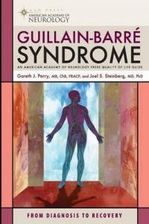



Guillain Barre Syndrome From Diagnosis To Recovery Literatura Obcojezyczna Ceny I Opinie Ceneo Pl




Scielo Brasil Guillain Barre Syndrome As A Differential Diagnosis Of Low Back Pain Syndrome Guillain Barre Syndrome As A Differential Diagnosis Of Low Back Pain Syndrome
Paralysis, the diagnosis of GuillainBarré syndrome needs to be made as soon as possible Although establishment of the diagnosis in typical cases is usually straightforward, there are many clinical and investigative components to consider, especially in atypical cases The diagnosis is largely based on clinical patterns, because diagnosticGuillainBarré syndrome usually reaches its most severe point within 4 weeks It may then remain stable for a few weeks or months before gradually improving Get medical help See a GP if you notice any of the early symptoms of GuillainBarré syndrome, such as numbness or weaknessGuillainBarré is diagnosed based on your child's symptoms and the results of some specific tests A pediatrician or pediatric neurologist will examine your child, review his or her medical history, and ask about specific symptoms The key to managing GuillainBarré syndrome is to diagnose it early so your child can get proper care
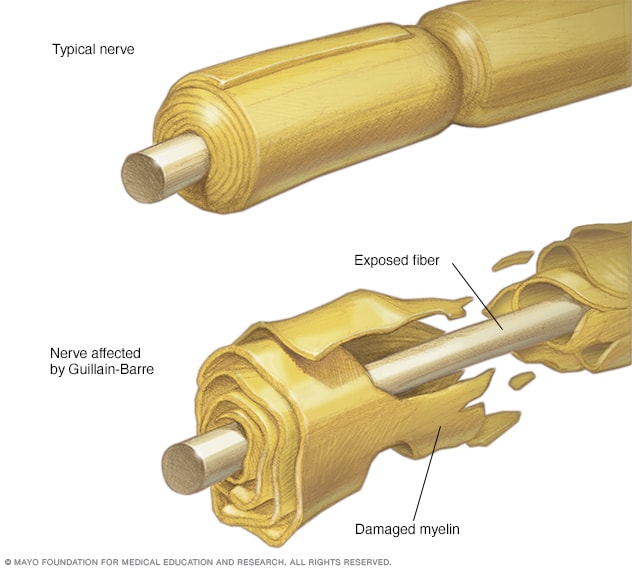



Guillain Barre Syndrome Symptoms And Causes Mayo Clinic



1
The occurrence of a purely sensory syndrome 6 A definite diagnosis of a condition such as poliomyelitis, botulism, paralysis, or toxic neurop athy (eg, from nitrofirantoin, dapsone, or or ganophosphorus compounds), which occasionally may be confused with GuillainBarre syndrome 566 Ann& of Neurology Vol 3 No 6 June 1978The clinical features and diagnosis of GBS in adults will be reviewed here Other aspects of GBS are discussed separately (See "GuillainBarré syndrome in adults Treatment and prognosis" and "GuillainBarré syndrome in children Epidemiology, clinical features, and diagnosis" and "GuillainBarré syndrome in children Treatment and prognosis") GuillainBarré syndrome (GBS) is a rare neurological disorder in which the immune system attacks the nerves It can cause muscle weakness and sometimes paralysis People usually recover from it, but it can lead to hospitalization and, sometimes, permanent damage to nerve cells
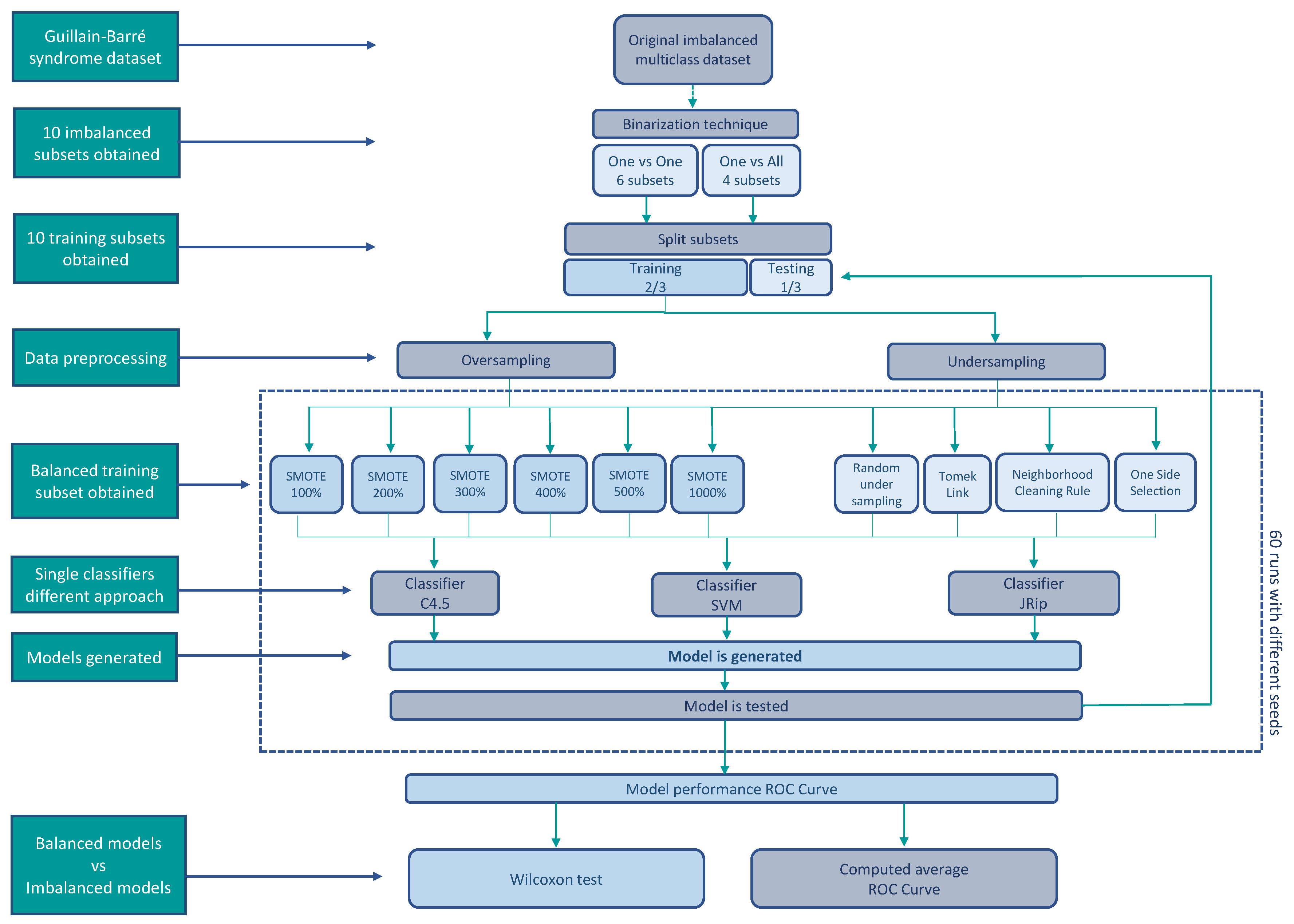



Symmetry Free Full Text Classification Of Guillain Barre Syndrome Subtypes Using Sampling Techniques With Binary Approach




Pulse Academy Notes On Guillain Barre Syndrome Facebook
The symptoms can quickly worsen and can be fatal if left untreated GuillainBarre syndrome (GBS) also known as infectious polyneuritis is an autoimmune disease in which there is an acute inflammation of the spinal and cranial nerves manifested by motor dysfunction that predominates over sensory dysfunction The exact cause is unknown, but it is associated with a previously existing viral infection or immunizationsGuillainBarre syndrome is an autoimmune disease in which a person's immune system attacks their peripheral nerves leading to muscle weakening and possibly paralysis Its symptoms




Guillain Barre Syndrome Rmi




Symptoms Of Guillain Barre Syndrome Pt Master Guide
GuillainBarre syndrome (GBS) is the most common cause of acute, flaccid, neuromuscular paralysis in the United States GuillainBarre syndrome was first discovered more than a century ago Advances in the past century include investigating the immunemediated pathophysiology of the disease, recognizing the spectrum of presentations, advancing diagnostic GuillainBarré syndrome (GBS) is a rare syndrome in which the body's immune system attacks part of the peripheral nervous systemThe peripheral nervous system carries signals from the brain to the muscles Symptoms of GBS include muscle weakness, numbness, and tingling sensations, which can increase in intensity until the muscles cannot be used at all ()GuillainBarré syndrome GuillainBarré syndrome consists of a group of neuropathic conditions characterized by progressive weakness and diminished or absent myotatic reflexes The estimated annual incidence in the United States is 165 to 179 per 100,000 persons
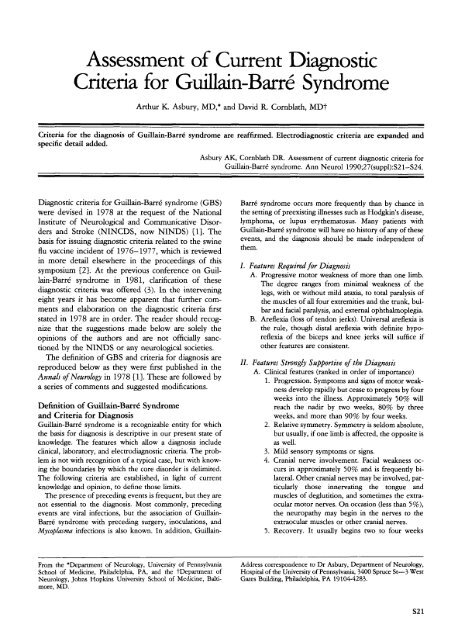



Criteria For Guillain Barr6 Syndrome



Guillain Barre Syndrome Gbs Emcrit Project
GuillainBarre syndrome (GBS) is the most common cause of acute, flaccid, neuromuscular paralysis in the United States GuillainBarre syndrome was first discovered more than a century ago Advances in the past century include investigating the immunemediated pathophysiology of the disease, recognizing the spectrum of presentations, advancing diagnosticGuillainBarre syndrome (GBS) is a group of autoimmune conditions consisting of demyelinating and acute axonal degenerating forms of disease GBS is sometimes known as Landry's ascending paralysis, French polio, acute idiopathic polyneuritis, or acute idiopathic polyradiculoneuritis The disease is named for Georges Guillain and Jean Alexandre Barre, who discovered theGBS usually presents as weakness or tingling sensations (pins and needles) in both feet and legs, which often spreads to the arms and upper body



Manifestaciones Neurologicas De La Infeccion Por El Virus Zika




An Introduction To Guillain Barre Syndrome Symptoms Causes Diagnosis And Treatment
GuillainBarre syndrome is an acute inflammatory polyneuropathy that is classified according to symptoms and divided into axonal and demyelinating forms Twothirds of patients have a history of gastroenteritis or influenzalike illness weeks before onset of neurological symptoms Associated withGuillainBarré syndrome can be difficult to diagnose because several other conditions can cause similar symptoms A GP will refer you to a hospital specialist if they think you might have it or they are not sure what's causing your symptoms GuillainBarre Syndrome is a problem with your nervous system It can cause muscle weakness, reflex loss, and numbness or tingling in parts of your body It can lead to paralysis, which is usually



Emdocs Net Emergency Medicine Educationguillain Barre Syndrome Third Time S The Charm Emdocs Net Emergency Medicine Education
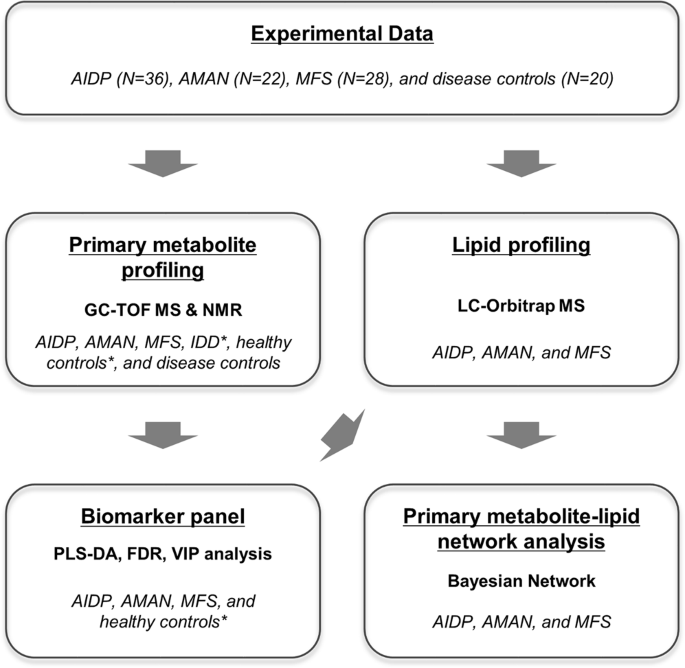



Integrative Metabolomics Reveals Unique Metabolic Traits In Guillain Barre Syndrome And Its Variants Scientific Reports
Posted by Debra 00 GuillainBarre syndrome can be difficult to diagnose in its earliest stages Its signs and symptoms are similar to those of other neurological disorders and may vary from person to person Your doctor is likely to start with a medical history and thorough physical examinationGuillainBarré syndrome is an autoimmune disorder that affects the nerves Autoimmune disorders occur when the immune system malfunctions and attacks the body's own tissues and organs In GuillainBarré syndrome, the immune response damages peripheral nerves, which are the nerves that connect the central nervous system (the brain and spinal cord) to the limbs and organs Paraneoplastic neurological syndromes (PNS) are a group of rare immunemediated disorders with neurological sequela in cancer patients It usually occurs when an immune response against a systemic tumor is incorrectly directed to the nervous system Compared to other reported manifestations of PNS in breast cancer, Guillain Barre syndrome (GBS) is exceedingly rare




Pdf The Development Of Guillain Barre Syndrome Gbs In Association Withconfirmed Lyme Disease A Potential Autoimmune Response In Gbs Secondaryto Tick Borne Diseases Semantic Scholar



Hospital Admissions Transfers And Costs Of Guillain Barre Syndrome
Last update 7th Jan 21 GuillainBarre syndrome (GBS) is a demyelinating disease, but rather than affecting the neurons of the central nervous system, it affects peripheral nerves As with other demyelinating diseases, loss of nerve insulation through demyelination slows conduction through the nerves, resulting in dysfunctionGuillainBarré syndrome (GBS) is a potentially lifethreatening postinfectious disease characterized by rapidly progressive, symmetrical weakness of the extremities About 25% of patients develop respiratory insufficiency and many show signs of autonomic dysfunction Diagnosis can usually be made on Guillain–Barré syndrome (GBS) is an inflammatory disease of the PNS and is the most common cause of acute flaccid paralysis, with an
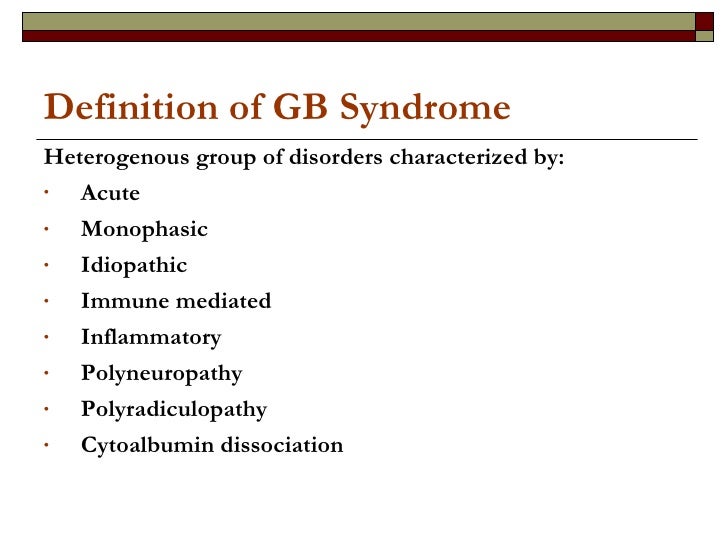



Guillain Barre Syndrome




6 Guillain Barre Syndrome Nursing Care Plans Nurseslabs
GuillainBarré syndrome is a clinically diagnosed disorder, but nerve conduction studies (NCS) can help to support the diagnosis, to discriminate between axonal and demyelinating subtypes, and could relate to prognosis Nerve conduction abnormalities are most pronounced 2 weeks after start of weakness 58




Guillain Barre Syndrome Rcemlearning




Nature Reviews Neurology Publishes Zikaplan Supported Landmark Paper Diagnosis And Management Of Guillain Barre Syndrome In Ten Steps Zikaplan




Gbs Mg Crisis Nms And Serotonin Syndrome Guillainbarre




Diagnosis Of Guillain Barre Syndrome In Children And Validation Of The Brighton Criteria Topic Of Research Paper In Clinical Medicine Download Scholarly Article Pdf And Read For Free On Cyberleninka Open Science




Guillain Barre Syndrome Rcemlearning



Guillain Barre Syndrome Gbs Stepwards




Prevalence And Outcomes Of Guillain Barre Syndrome Among Pediat Ndt



3




Guillain Barre Syndrome In Southern China Retrospective Analysis Of Hospitalised Patients From 14 Provinces In The Area South Of The Huaihe River Journal Of Neurology Neurosurgery Psychiatry
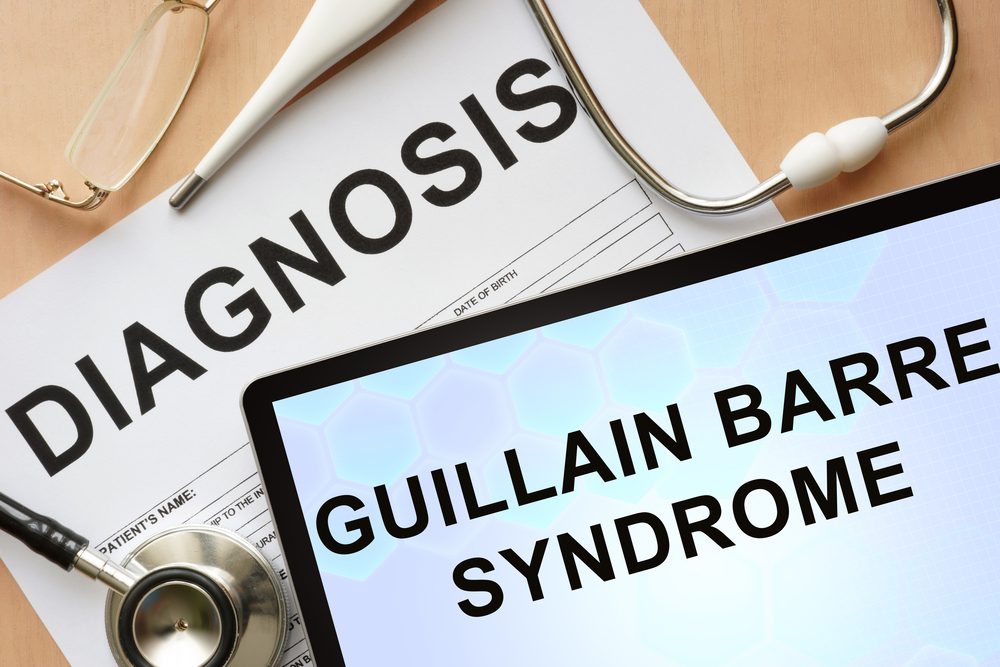



Guillain Barre Syndrome Gbs Overview Causes Symptoms Treatment Illness Com




Guillain Barre Syndrome In Denmark Validation Of Diagnostic Co Clep
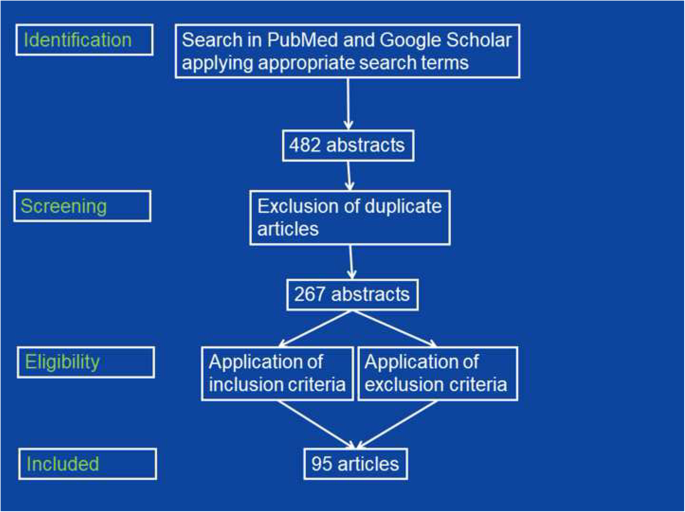



Guillain Barre Syndrome In 2 Patients With Covid 19 The Egyptian Journal Of Neurology Psychiatry And Neurosurgery Full Text




Guillain Barre Syndrome American Family Physician




Risk Of Psychiatric Disorders In Guillain Barre Syndrome A Nationwide Population Based Cohort Study Journal Of The Neurological Sciences
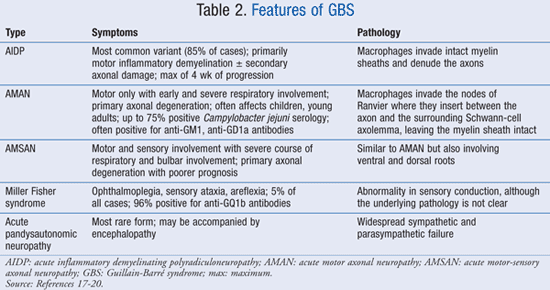



Guillain Barre Syndrome
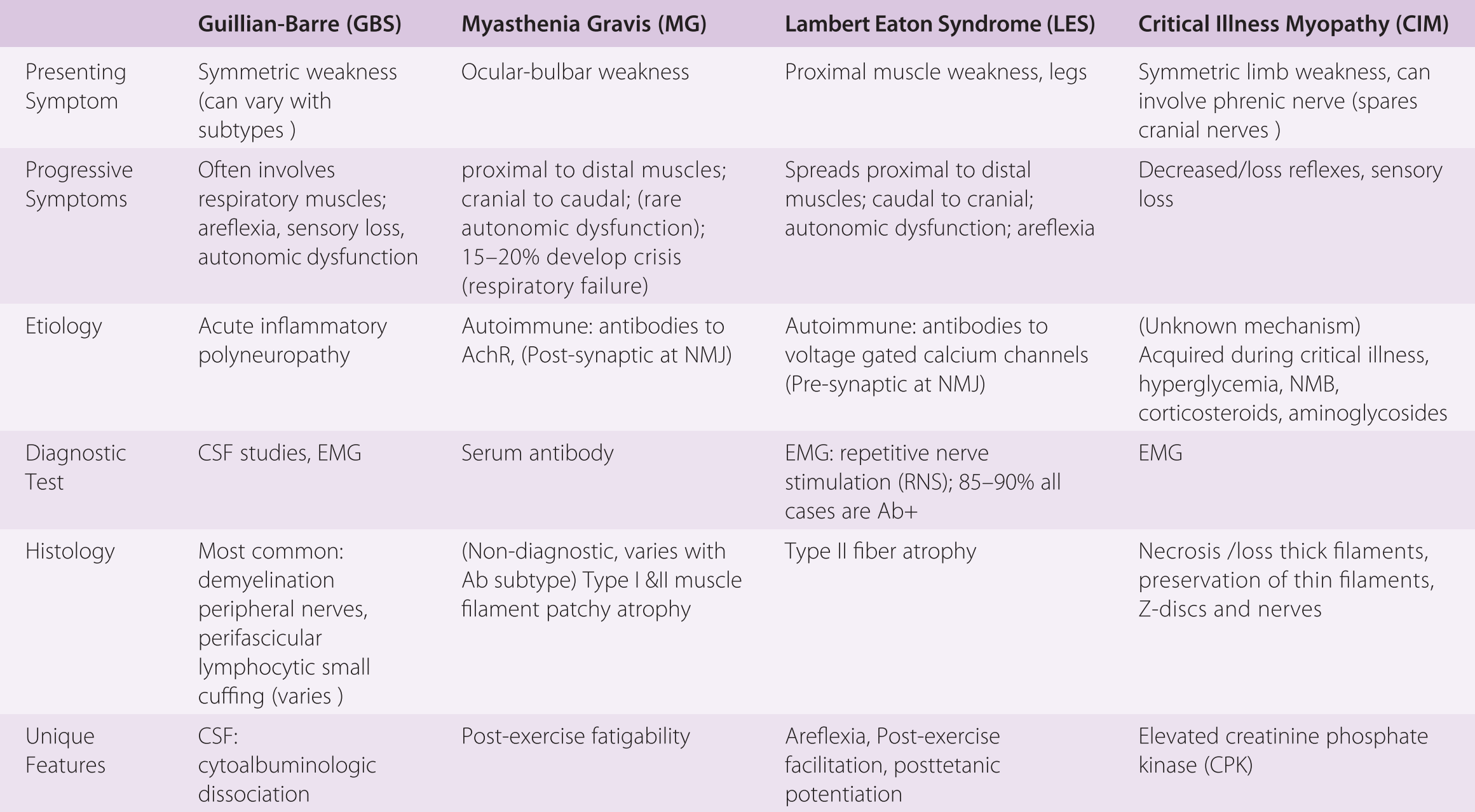



Guillain Barre Syndrome And Myasthenia Gravis Chapter 43 Gupta And Gelb S Essentials Of Neuroanesthesia And Neurointensive Care




Diagnostic Criteria For Guillain Barre Syndrome Diagnosis Grepmed




Guillain Barre Syndrome And Its Variants As A Manifestation Of Covid 19 A Systematic Review Of Case Reports And Case Series Sciencedirect




Symptoms Of Guillain Barre Syndrome About Guillain Barre Syndrome



Atypical Guillain Barre In The Emergency Department The Western Journal Of Emergency Medicine




Review Article On Covid 19 And Guillain Barre Syndrome




Guillain Barre Syndrome Mimics Tham 18 Brain And Behavior Wiley Online Library




Guillain Barre Syndrome Mayo Clinic Proceedings




Distal Limb Weakness Phenotype Of Guillain Barre Syndrome Journal Of The Neurological Sciences




Guillain Barre Syndrome Related To Covid 19 Infection Neurology Neuroimmunology Neuroinflammation
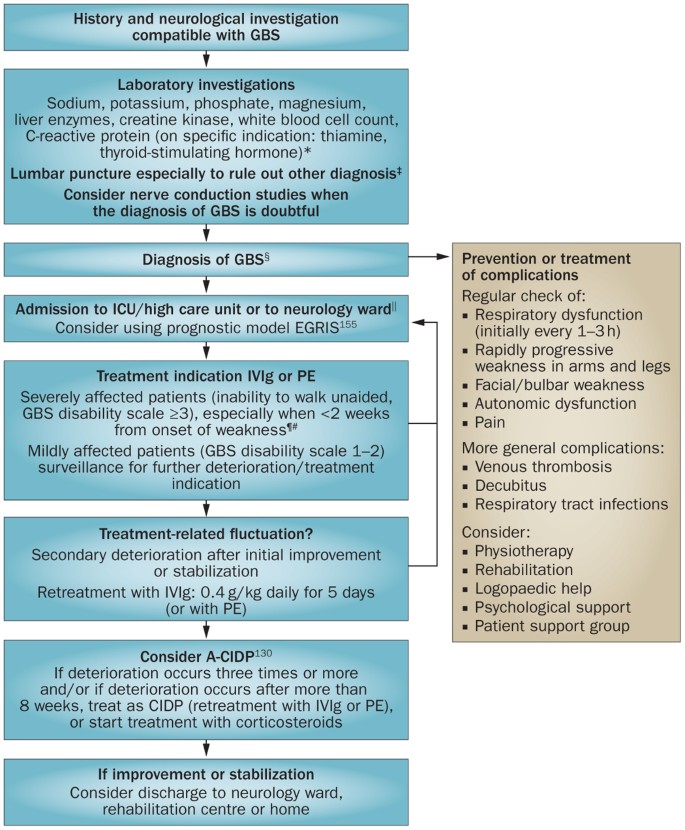



Guillain Barre Syndrome Pathogenesis Diagnosis Treatment And Prognosis Nature Reviews Neurology
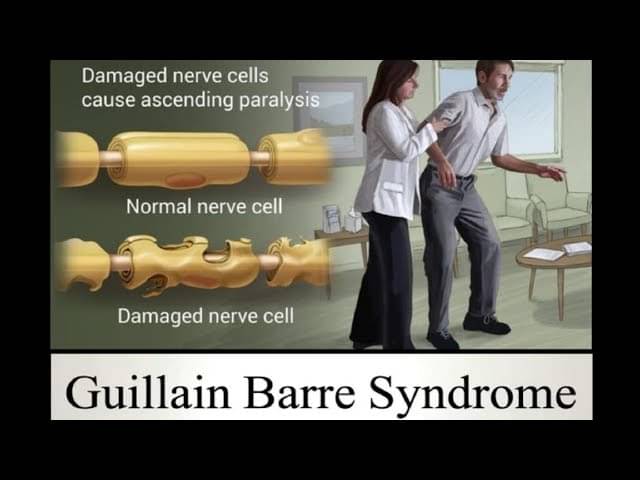



Treatment Of Guillain Barre Syndrome By Dr Radhika A Md Lybrate
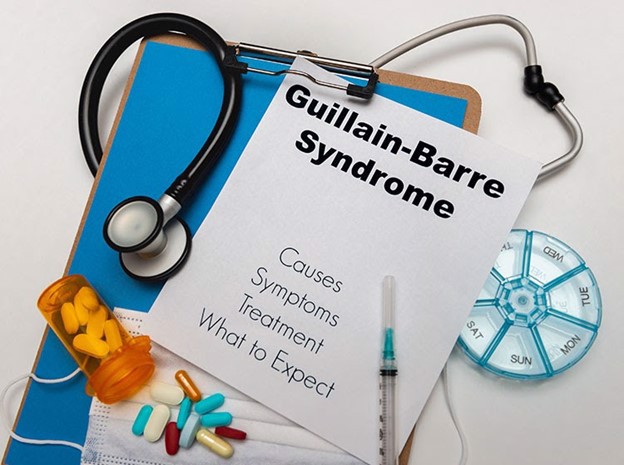



Guillain Barre Syndrome Causes Symptoms Treatment Cloudhospital




Current Treatment Practice Of Guillain Barre Syndrome Neurology
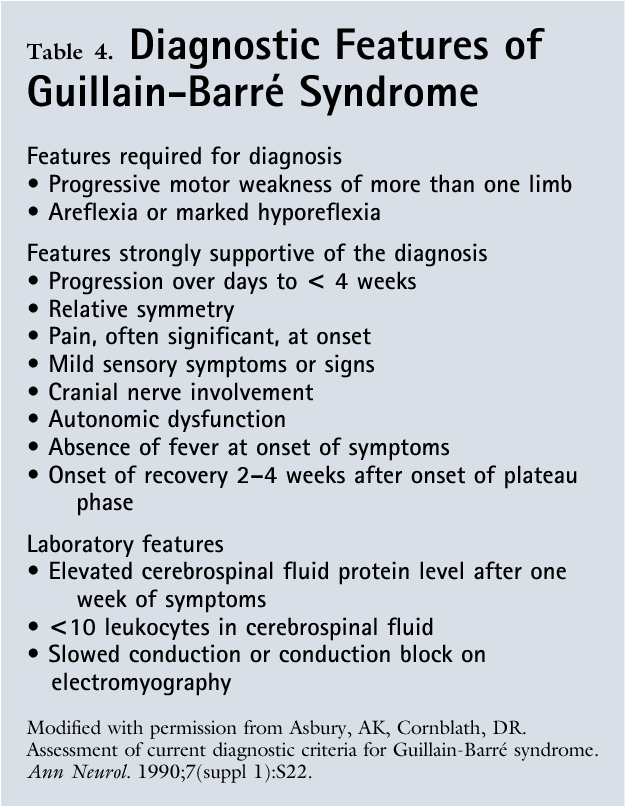



Pdf Guillain Barre Syndrome Semantic Scholar




Guillain Barre Syndrome American Family Physician
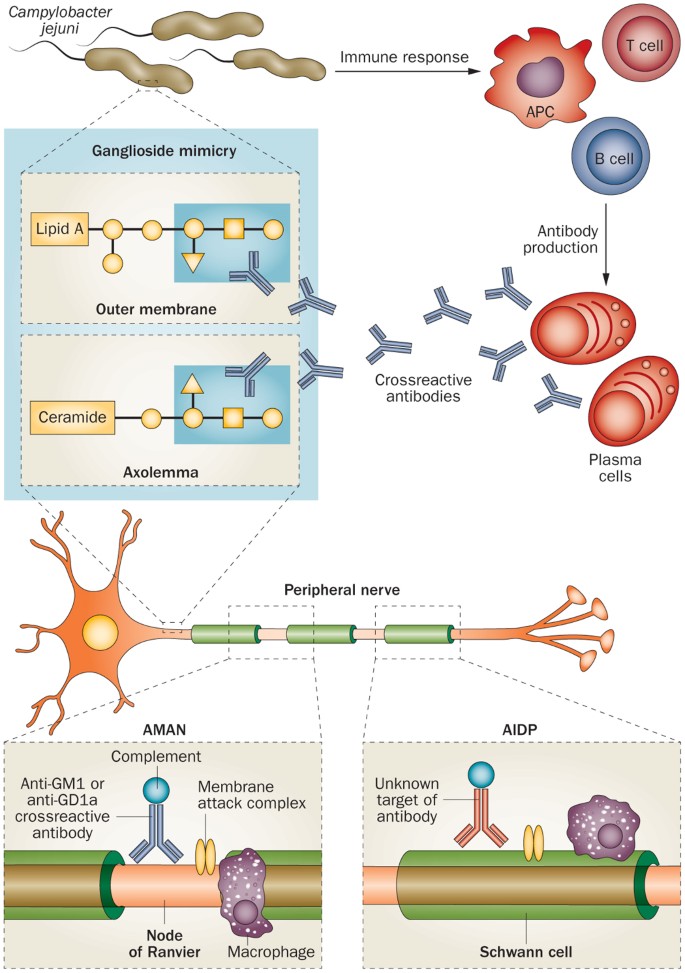



Guillain Barre Syndrome Pathogenesis Diagnosis Treatment And Prognosis Nature Reviews Neurology
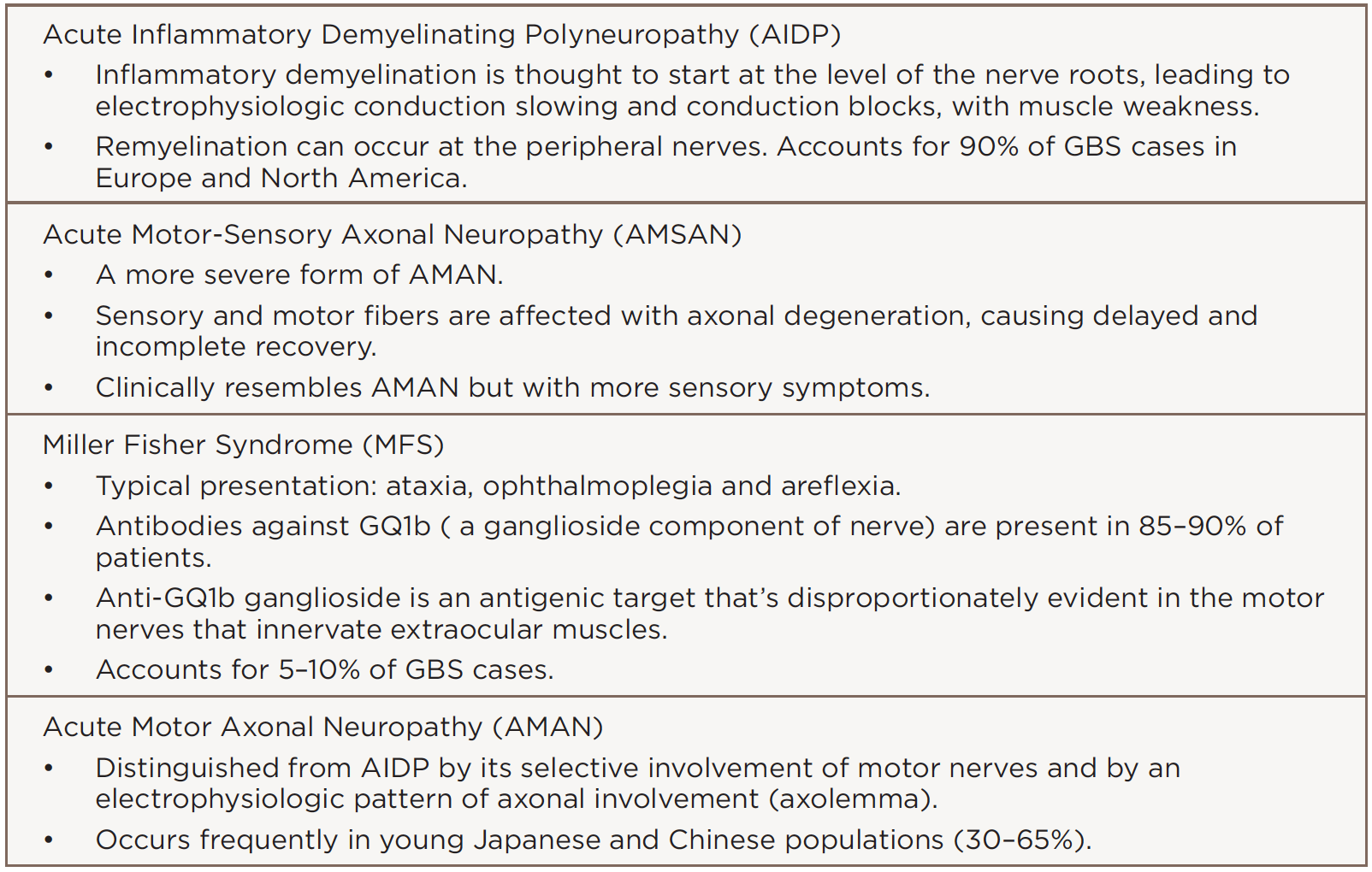



Lupus Patient Develops Miller Fisher Variant Of Guillain Barre Syndrome Page 4 Of 5 The Rheumatologist




Prevalence And Outcomes Of Guillain Barre Syndrome Among Pediat Ndt




Covid 19 And Guillain Barre Syndrome A Wellcome Open Research




Guillain Barre Syndrome American Family Physician
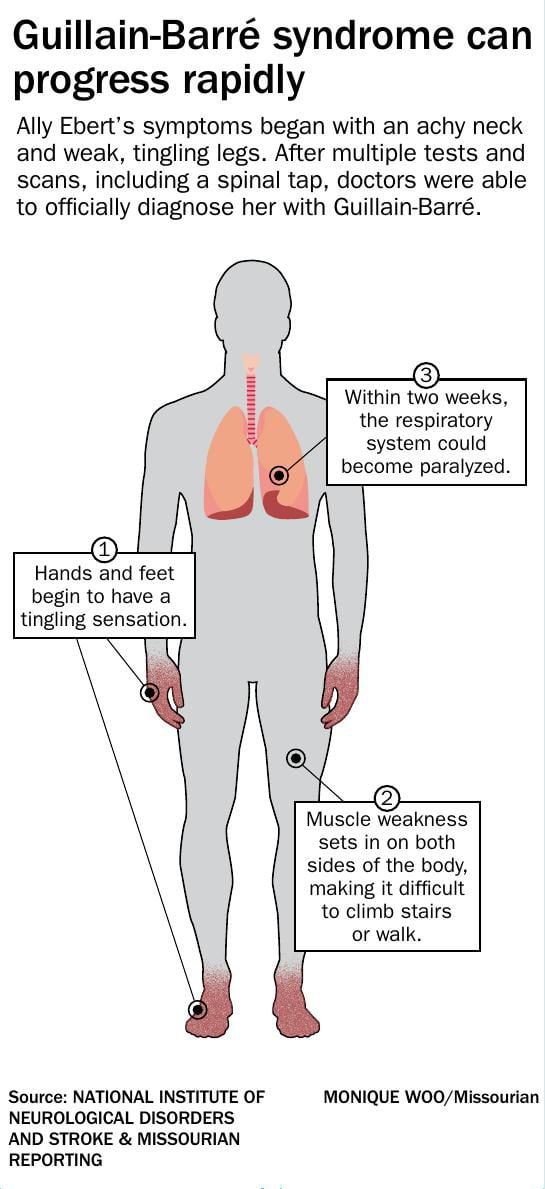



Guillain Barre Syndrome What Is It And Why Should You Care News Columbiamissourian Com



Emdocs Net Emergency Medicine Educationguillain Barre Syndrome Third Time S The Charm Emdocs Net Emergency Medicine Education




Diagnostic Criteria For Guillain Barre Syndrome Ref Download Table




Ninds Diagnostic Criteria For Guillain Barre Syndrome Grepmed
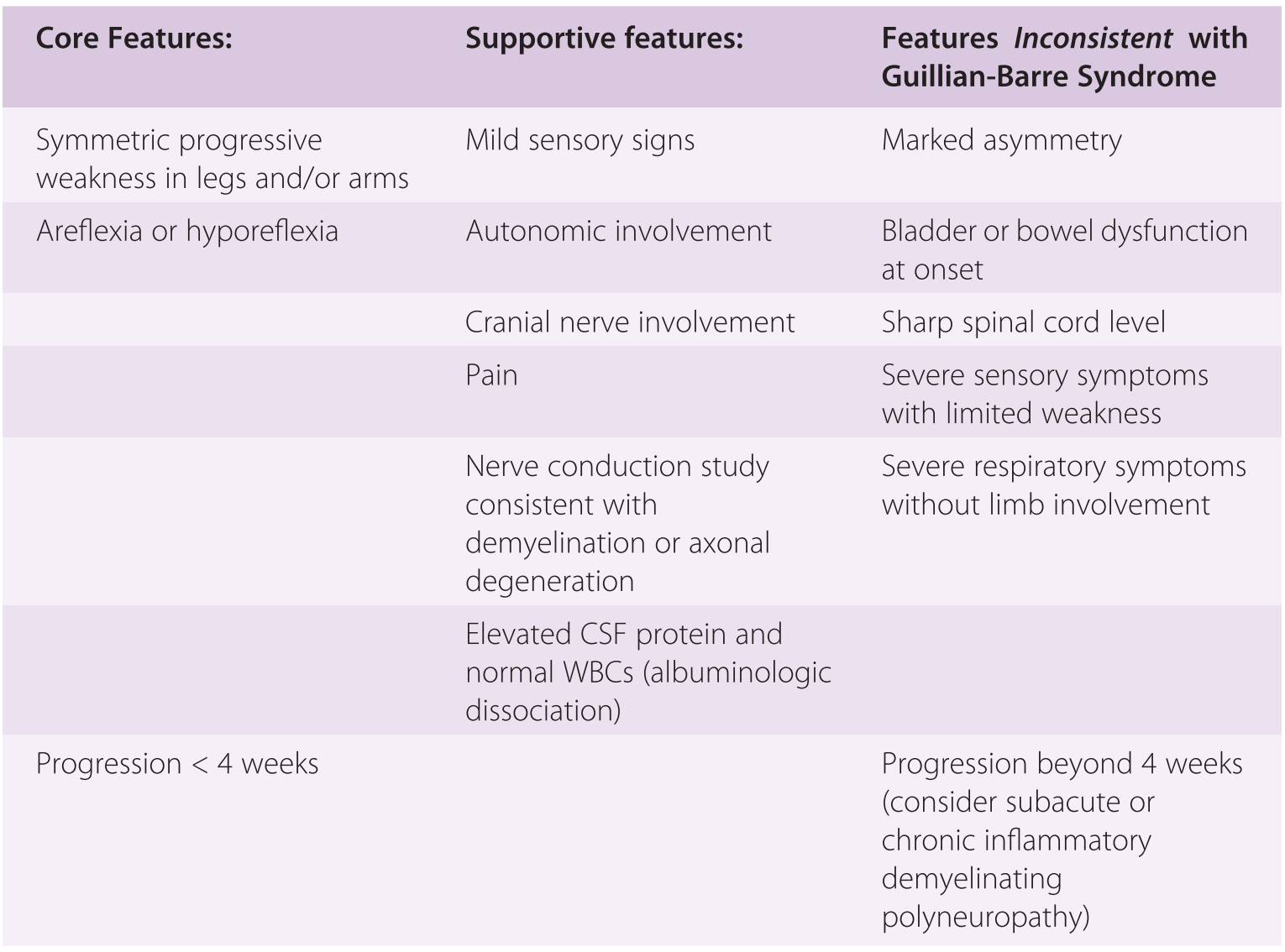



Guillain Barre Syndrome And Myasthenia Gravis Chapter 43 Gupta And Gelb S Essentials Of Neuroanesthesia And Neurointensive Care
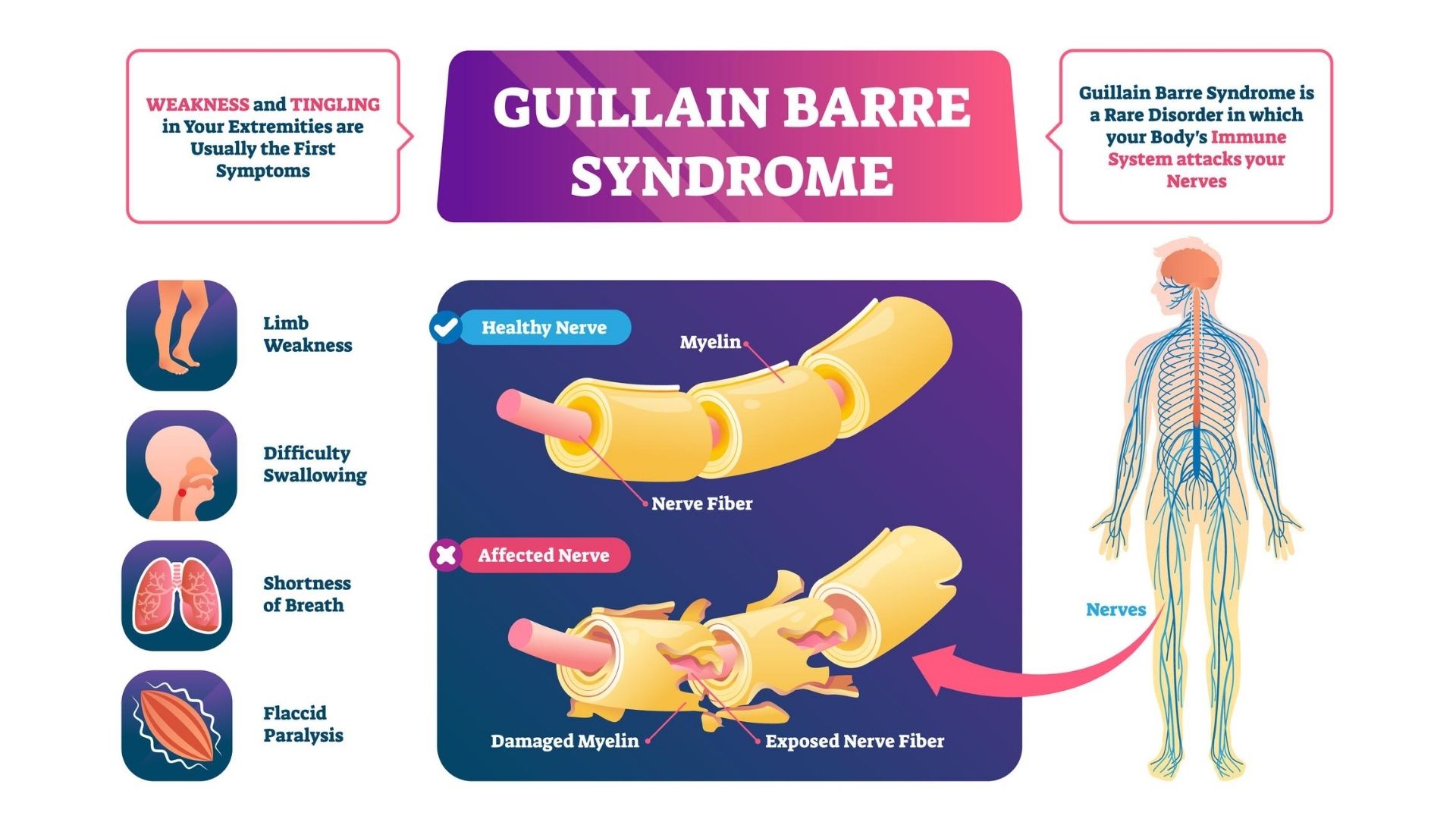



Guillain Barre Syndrome Treatment Propel Physiotherapy
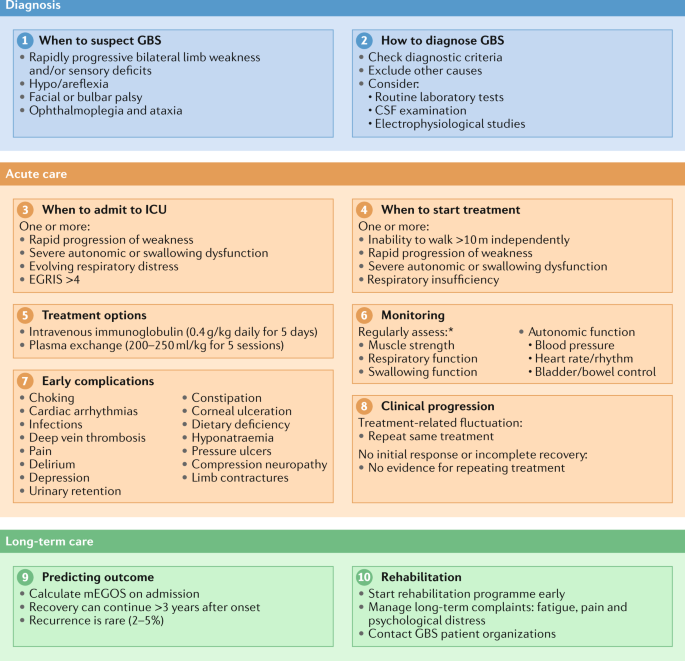



Diagnosis And Management Of Guillain Barre Syndrome In Ten Steps Nature Reviews Neurology




Guillain Barre Syndrome Symptoms Treatment And Diagnosis




The Guillain Barre Syndrome Nejm




Clinical Features Pathogenesis And Treatment Of Guillain Barre Syndrome Sciencedirect



Emdocs Net Emergency Medicine Educationguillain Barre Syndrome Third Time S The Charm Emdocs Net Emergency Medicine Education



Educate Guillain Barre Syndrome




Guillain Barre Syndrome Associated With Sars Cov 2 Nejm




Guillain Barre Syndrome Nejm




Guillain Barre Syndrome Information On Causes Diagnosis Treatments By Rosenfeld Injury Lawyers Llc




Initial Symptoms Associated With Guillain Barre Syndrome Download Table




Guillain Barre Syndrome The Lancet




What S New In Guillain Barre Syndrome Practical Neurology




Guillain Barre Syndrome Gbs Diagnostic Criteria Necessary Criteria Download Table




How To Diagnose Guillain Barre Syndrome Medmastery




Guillain Barre Syndrome Gbs And The Flu Shot Shannon Law Group
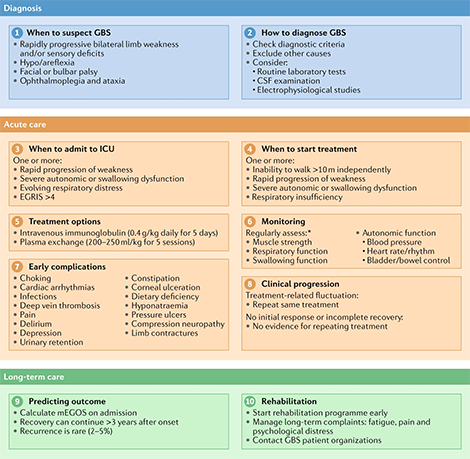



Nature Reviews Neurology Publishes Zikaplan Supported Landmark Paper Diagnosis And Management Of Guillain Barre Syndrome In Ten Steps Zikaplan



Gbs Patient
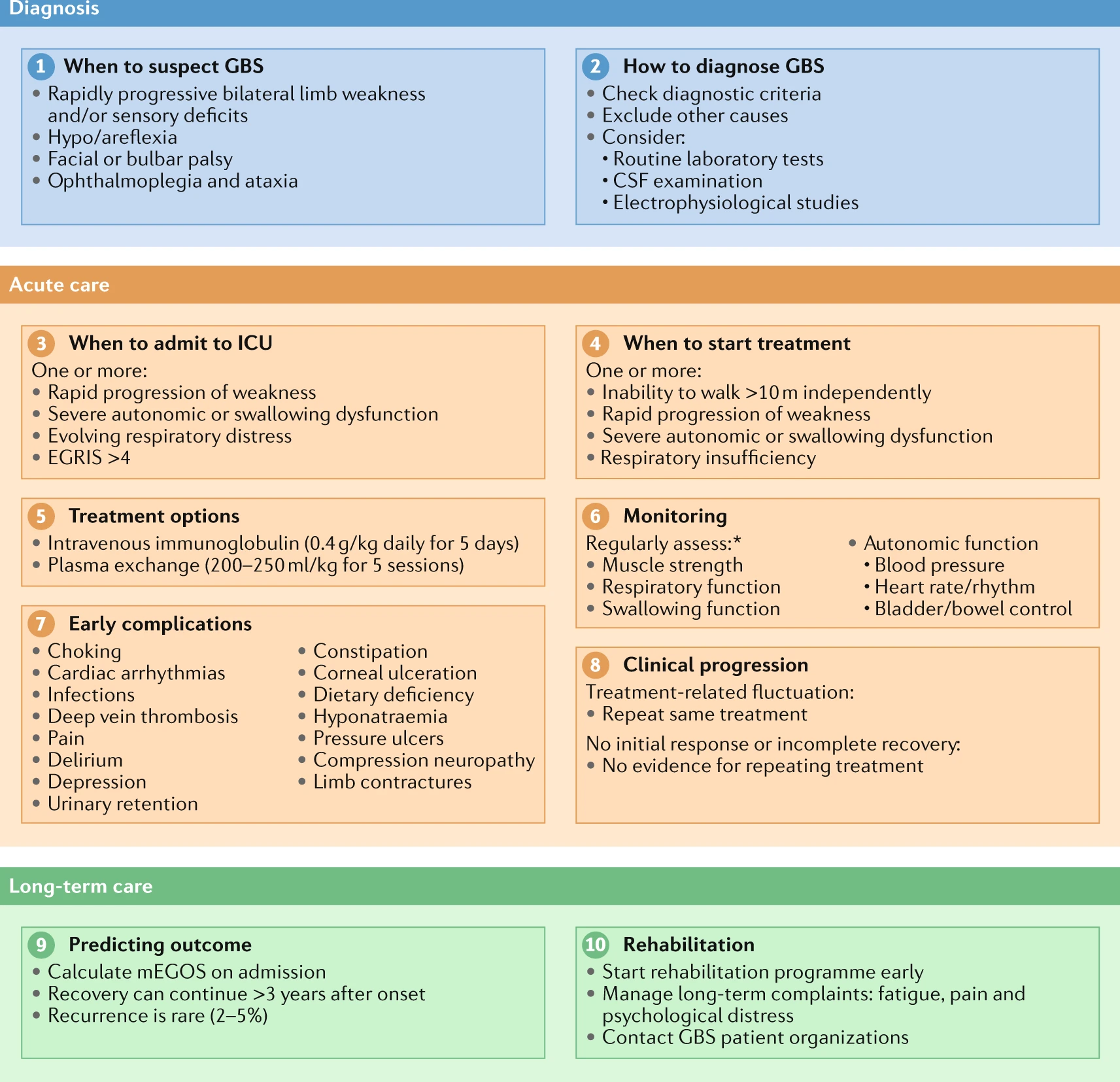



Update From The International Guillain Barre Syndrome Outcome Study Igos Gbs Cidp Foundation International
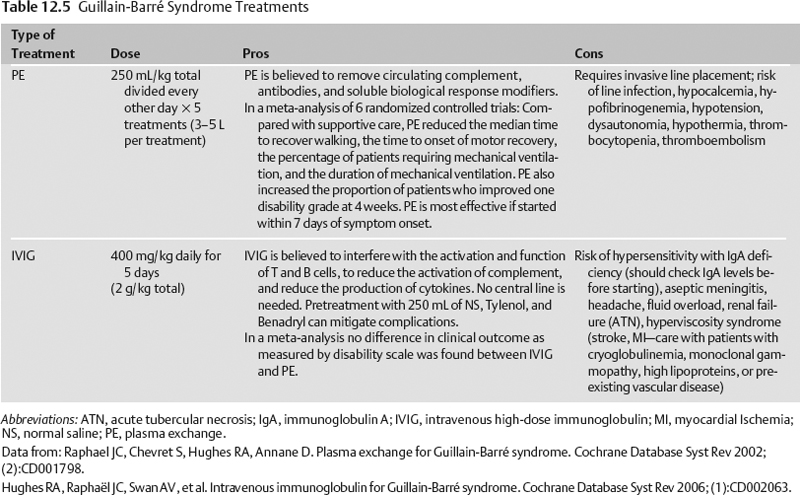



Guillain Barre Syndrome Neupsy Key




Key Diagnostic Criteria And Brighton Case Definitions For Download Table




Second Intravenous Immunoglobulin Dose In Patients With Guillain Barre Syndrome With Poor Prognosis Sid Gbs A Double Blind Randomised Placebo Controlled Trial The Lancet Neurology
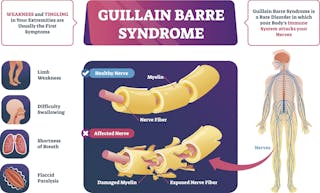



Rare Neurological Disorder Guillain Barre Syndrome Linked To Covid 19




Differential Diagnosis Of Guillain Barre Syndrome Download Table




Guillain Barre Syndrome An Acute Polyneuropathy Disorder Of The Peripheral Nervous System Sympto Guillain Barre Syndrome Peripheral Nervous System Disorders




Guillain Barre Syndrome An Acute Polyneuropathy Disorder Grepmed
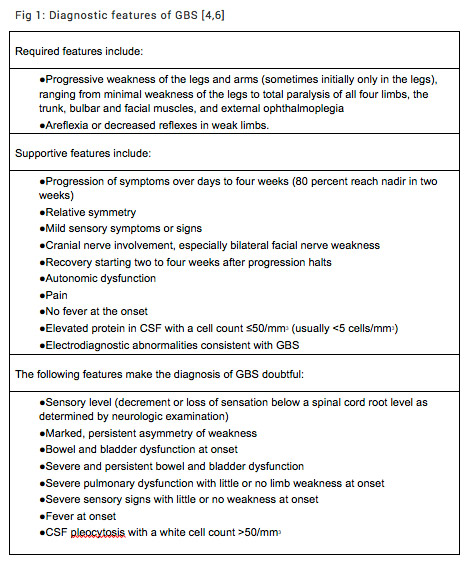



Guillain Barre Syndrome Rcemlearning
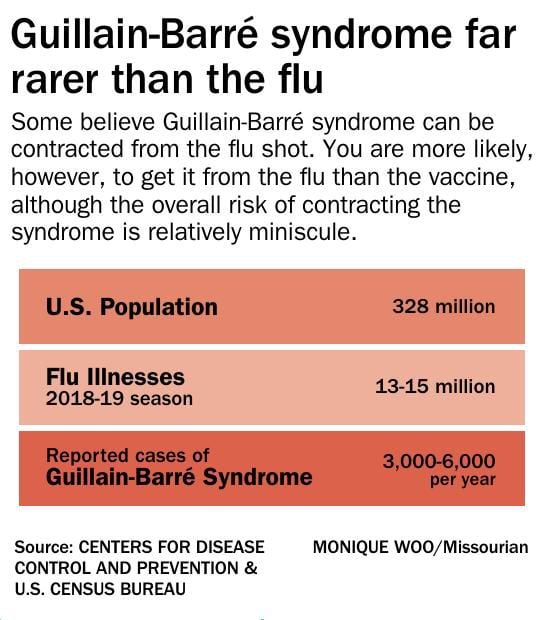



Guillain Barre Syndrome What Is It And Why Should You Care News Columbiamissourian Com




Pdf Guillain Barre And Miller Fisher Syndromes New Diagnostic Classification Semantic Scholar




Guillain Barre Syndrome Mayo Clinic Proceedings
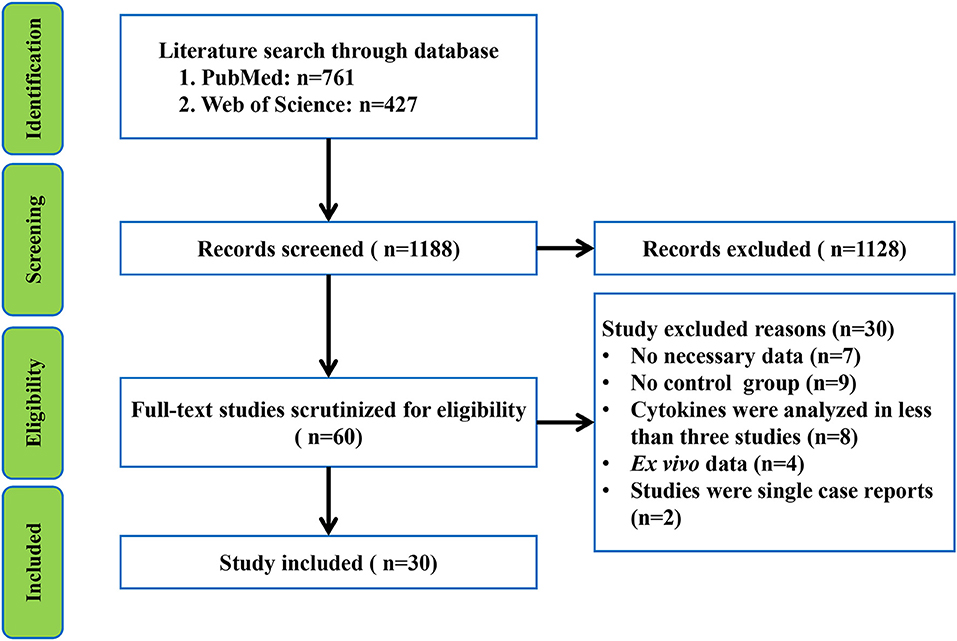



Frontiers Peripheral Blood And Cerebrospinal Fluid Cytokine Levels In Guillain Barre Syndrome A Systematic Review And Meta Analysis Neuroscience




View Image




19 Guillain Barre Syndrome Ideas Guillain Barre Syndrome Barre Syndrome



Gbs Im Reference




Lightning Learning Guillain Barre Syndrome Em3 East Midlands Emergency Medicine Educational Media
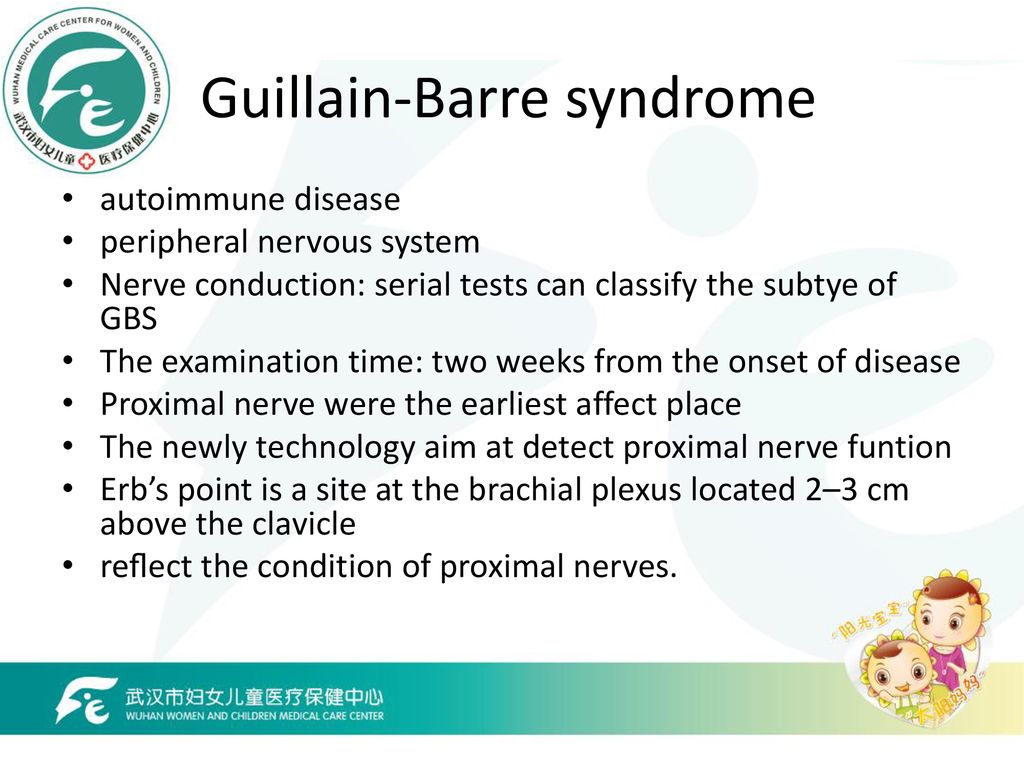



Erb Point In Early Diagnosis Of Guillain Barre Syndrome In Children Ppt Download




Guillain Barre Syndrome American Family Physician




Guillain Barre Syndrome Rcemlearning




Diagnostic Criteria For Guillain Barre Syndrome Features Required For Download Scientific Diagram



Guillain Barre Syndrome




Ppt Guillain Barre Syndrome Powerpoint Presentation Free Download Id




Pdf Guillain Barre Syndrome Semantic Scholar




Guillain Barre Syndrome Diagnosis Symptoms Treatment Causes Doctors Autoimmune Disorders Prognosis Research History And More Literatura Obcojezyczna Ceny I Opinie Ceneo Pl
コメント
コメントを投稿